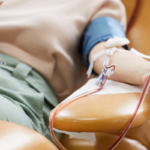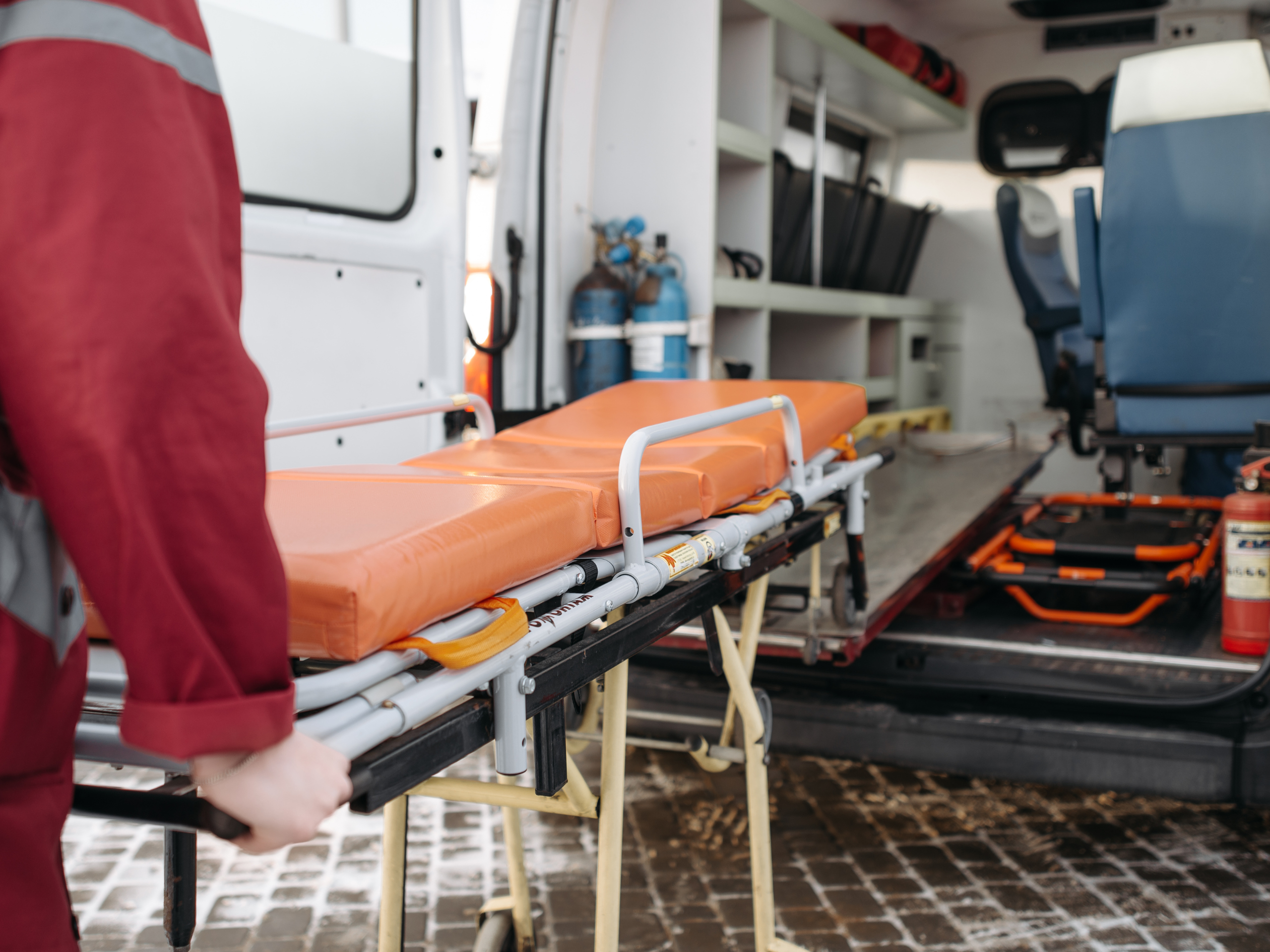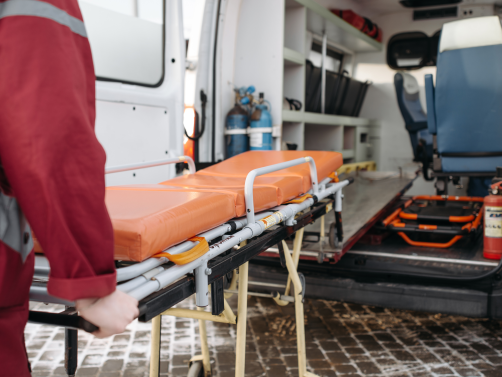In an emergency, every second counts — but knowing when to call for help can make all the difference. Whether it’s a medical crisis, accident, or unexpected health scare, many people hesitate or second-guess themselves in the moment. That delay can be dangerous. The truth is, it’s better to call and be wrong than not call and risk someone’s life. Emergency services are trained to assess and respond to these situations. Here’s how to know when it’s time to make that critical call.
1. The person is unconscious or unresponsive.
If someone suddenly collapses, is not waking up, or becomes unresponsive, call emergency services immediately. This could be cardiac arrest, stroke, or another life-threatening event.
2. The person is having trouble breathing or not breathing at all.
Any form of difficulty breathing — gasping, wheezing, shallow breaths, or complete loss of breath — requires urgent attention. Don’t wait to see if it passes.
3. There is severe bleeding that won’t stop.
If someone is bleeding heavily and pressure isn’t helping, or blood is spurting from a wound, call for help right away. Rapid blood loss can lead to shock and death if untreated.
4. Chest pain, tightness, or pressure.
These are classic symptoms of a heart attack. If someone complains of chest pain that doesn’t go away quickly or spreads to the arms, neck, or jaw, don’t hesitate — call emergency services.
5. Seizure or sudden loss of control.
Place the person in the recovery position to keep their airway open in case they haven’t regained consciousness. Call for help and continue to monitor their breathing.
6. Signs of a stroke.
Use the FAST method:
F – Face drooping
A – Arm weakness
S – Speech slurred
T – Time to call emergency services
Acting quickly can drastically improve recovery outcomes.
7. Drowning, near-drowning, or choking.
These are all critical situations where quick intervention and medical response are essential. Even if the person seems okay after, they should be evaluated by professionals.
8. Accidents involving major trauma.
Car accidents, falls from height, or injuries with visible broken bones, head trauma, or unconsciousness all require emergency medical evaluation.
9. Sudden confusion, strange behavior, or altered mental state.
This could be caused by stroke, head injury, or even severe infection. If someone suddenly seems “off,” disoriented, or irrational, call for help.
10. Your gut tells you something’s wrong.
Trust your instincts. If a situation feels serious, it probably is. Emergency responders would always rather be called unnecessarily than arrive too late. Being prepared means knowing not just what to do in an emergency — but when to call in the professionals. The quicker you take action, the better the chance of survival and recovery.
Know Who to Call! Get the Emergency Numbers You Need.

Winter Safety Guide
Winter’s arrival brings with it a desire to snuggle up and stay warm in the comfort of our homes. Fireplaces, gas and electrical blankets, heaters, and hot water bottles become our trusted companions during these chilly months. However, it’s crucial to prioritize safety to prevent potential accidents or hazards. In

Sudden Infant Death Syndrome (SIDS)
Sudden Infant Death Syndrome, or SIDS, is a heartbreaking tragedy that affects thousands of families each year. As a parent, the thought of losing your child to SIDS can be overwhelming and scary. But there are steps you can take to reduce the risk of SIDS and be prepared for

World Blood Donor Day 2023: “Give blood and keep the World beating”
Did you know that blood donation is one of the most selfless and impactful things you can do for your community? It’s true! And in South Africa, the need for blood donors is always high. That’s why today, I want to share with you some of the many reasons why

First Aid for Burns – a must read for every parent
Sister Catherine Rodwell sheds light on the right way to handle burns, be it in children or adults. It’s crucial to be aware of the proper procedure to not worsen the burn’s impact. From 6-12 May, National Burns Awareness Week is being observed. In continuation of our conversation with “Mommy

A mother recounts her traumatic experience
We are very grateful for this mommy who wanted to share her traumatic story with us, so that other parents can learn how quickly accidents can happen. Please note that photo’s can be triggering. We are very grateful for this mommy who wanted to share her traumatic story with us,

The Leading Cause of Accidental Poisoning
As parents or caregivers, keeping children safe is our top priority. However, despite our best efforts, accidents can happen. One of the most common accidents that can be prevented is unintentional poisoning from medication. It’s important to understand that medicines are not sweets and should be treated with care. In

Head Injuries in Children
The World Head Injury Awareness Day falls on March 20th every year and it looks at the number of people who suffer from a mild bump on their head to severe brain injury. The purpose of this day is to remind us of how we could reduce accidents and brain

Top tips for staying healthy
Here are some tips for parents to help keep their children healthy during the colder seasons. Practice good hygiene: Encourage your children to wash their hands frequently and cover their mouths when coughing or sneezing. This can help prevent the spread of germs and illnesses. Dress appropriately for the weather:

How CPR saves lives
Knowing CPR can save someone’s life, our trauma expert, owner and founder of Survival CPR, Sister Catherine Rodwell, explains what CPR is, who can do and why it is so important that anyone (especially those in any caregiving role such as a parent or nanny) should take a course and keep


